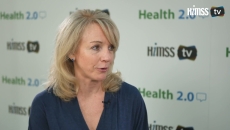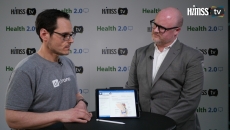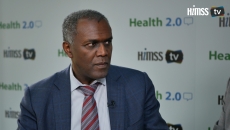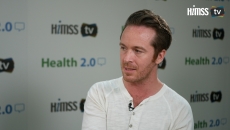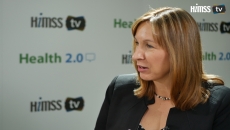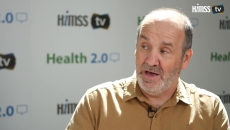Videos
Meru Health's online clinic can interrupt the downward spiral of depression and anxiety that could lead to suicide, according to Emily Hine, VP of business development.
DrChrono co-founder and COO Daniel Kivatinos demonstrates how his company's mobile EHR platform works on either a tablet or smartwatch.
NetApp aims to focus on the citizen's data fabric, empowering them to stay in control of their data wherever they would like to store it, explains Philippe Wackers, NetApp's EMEA healthcare innovation manager.
Dr. Steve Lockhart, CMO at Sutter Health, says one of the "most disappointing elements" of the U.S. healthcare system is unequal care.
Properly vetted apps and technologies are enabling patients living in areas lacking pyschiatrists to get needed help, says Dr. John Herman, associate chief of the Department of Psychiatry at Massachusetts General Hospital.
Textpert founder and CEO Ray Christian says AiME (Artificial Intelligence Mental Evaluation) asks evocative questions and analyzes facial expressions and voice inflection to assess the risk of depression, anxiety and addiction.
Dr. Doug Fridsma, AMIA's president and CEO, discusses new ONC regulations covering full export functions.
Esri curates 15,000 variables of lifestyle, behavioral, demographic, geographic and spending data from 130-plus countries that's available through The Living Atlas website, says CMO Dr. Este Geraghty.
SMACK.health President Matthew Holt discusses the tech stack flip and how big tech platforms and entrepreneurs are looking at the new type of tech in messaging, monitoring and managing systems.
Bill Gillis, CIO, and Dr. Sarika Aggarwal, CMO at Beth Israel Deaconess Care Organization, explain how collaborating to bring clinical staff in at the ground level ensured analytics tools were properly deployed for the ACO's success.
